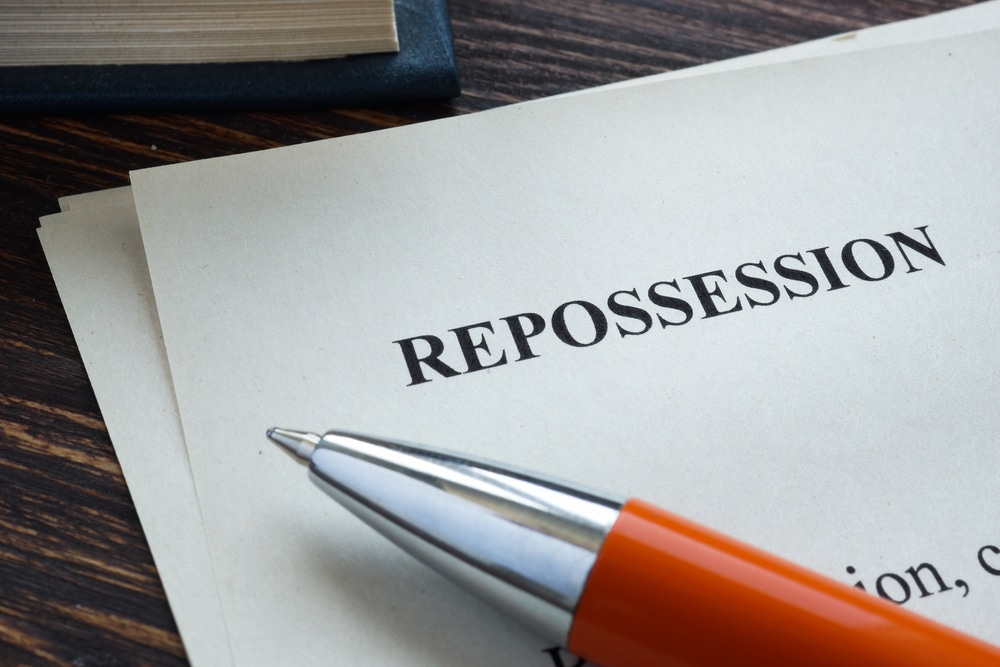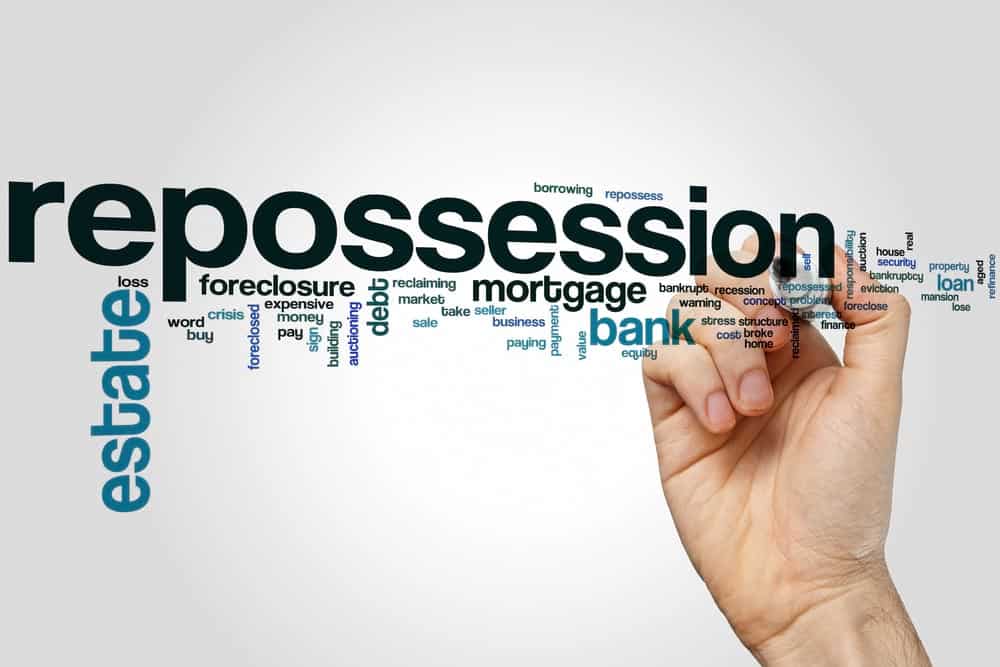For UK homeowners, mortgages agreement often state that the lender can repossess a property if you fall behind on repayments.
Keep reading to find out more about how this works.
What Is Repossession and What Causes It?
Repossession is the legal process whereby a lender will take back the possession of your property if payments have been missed. Lenders will generally want to avoid this step and stop house repossession if possible, as it’s in their best interest to keep receiving payments, but will carry out repossession if they believe you no longer have the ability to pay your mortgage.
There are several reasons why repossession can ultimately happen. Often there is a change in circumstances, such as a job loss or rising living costs, which means you can no longer make ends meet. However, one of the biggest dangers recently is the sharp increase in interest rates.
This has meant that those who were just about able to get by have now been pushed into the red. While those on variable rates have been struggling for a while, there are a huge number of homeowners whose fixed-rate deals are due to end and will soon feel the pinch.
What is a 12 Month Grace Period on Repossession?
Simply put, your lender can’t start repossession proceedings in the 12 months following your first missed payment. This can give homeowners a little breathing space knowing that they don’t need to panic if they can’t make a payment.
Of course, this isn’t a free pass to miss payments, as the debt will still need to be paid.
As a part of the agreement customers can switch to an interest-only deal for up to six months to reduce their payments and get themselves back on an even keel. You’re able to seek this help from your lender without it adversely affecting your credit score.
There are a few other facets to this agreement too. If a borrower is coming towards the end of a fixed deal, they can look at having a new deal in place for up to six months before their current deal expires. This helps to give borrowers more clarity on exactly what their future payments will be and lessen the financial shock.
Added to this, those who are up-to-date with their payments can switch to a new deal at the end of their current term without another affordability check. These factors should allow borrowers to better plan for their future and navigate their way through the higher interest rates.
While it’s currently a worrying time for those with a mortgage, this policy does offer some relief and will prevent many people from losing their homes.
Does Every Bank Offer a 12-Month Grace Period on Repossession?
No. The deal agreed by the government has not been made mandatory for all lenders. The original agreement was made with major banking institutions such as Lloyds, NatWest, Barclays and Virgin Money. While they do makeup around 75% of the mortgage market, that does leave around two million mortgages out there without this support.
That being said, lenders don’t want to repossess properties as they generally lose money compared to if the mortgage has been paid in full. Even if you’re not supported by this scheme, your lender will likely offer some form of support to prevent repossession.
In all instances of financial struggle, it’s always better to be proactive. If you’re worried about making payments, then contact your lender. Ask them if they are a part of this scheme and if not, what type of support they offer if you miss a repayment.
Even if your house is repossessed, you may still be able to get a mortgage after repossession further down the line – so don’t lose hope!
Are There Any Drawbacks to a 12 Month Grace Period on Repossession?
Aside from it not being made mandatory, to all lenders, there are very few downsides to this scheme. But while the arrangement will be seen as a respite to many, it’s important to stress that this is only temporary relief, and it won’t erase any of your debt.
The scheme is meant to give you some breathing space, but each lender will still have its own policies set in place for how you can catch up with your repayments. While the six-month interest-only period is there to help, you need to plan beyond this.
For example, if you have no realistic prospect of paying a sky-high mortgage payment then you may wish to assess other options, such as selling your property. The important distinction is that this is not a payment holiday, just a grace period where you won’t be forced out of your home.
Am I Applicable for a 12 Month Grace Period on Repossession?
It’s important to contact your lender if you are just about to fall behind on your repayments, regardless of whether or not they are a part of this scheme. While some offer a grace period, you may get an even better form of relief if you contact them. Examples of this could be a payment holiday or an immediate switch to an interest-only mortgage.
Regarding if your lender has signed up for this scheme, it’s best to ask them. While we mentioned the key lenders above, many of these institutions own other brands. An example of this is Lloyds Bank which owns both Halifax and Bank of Scotland. Due to this, your lender may be a part of this agreement without you realising it.
There are other banks who are likely not a part of this scheme but will offer something similar. As stated before, it’s always best to be proactive if you’re struggling financially. It’s important to see what options are out there before getting that dreaded call or letter from your lender about a missed payment.


















